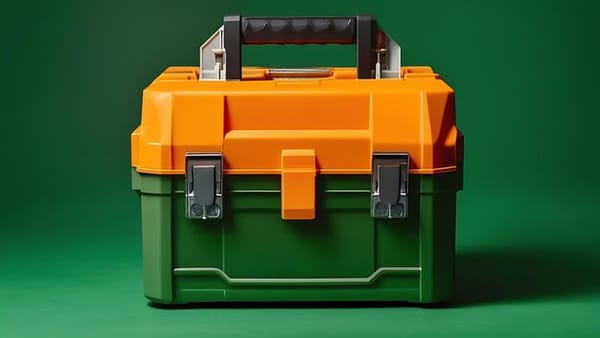Looking for an Advanced Image Search Engine

Finding the right image quickly can make your day, or drive you crazy. That's where an advanced image search engine comes into the picture. But with so many options out there, how do you choose the right one?
Here are key factors you should consider.
Accuracy and Speed
Your image search engine needs to be accurate and fast. Look for engines that use advanced AI and machine learning models. These technologies can understand the content of images, not just rely on tags or file names. This means you're more likely to find that image you're looking for, even if you didn't label it perfectly when you saved it.
Visual Search Capabilities
Text-based searches are useful, but sometimes you need more. A really advanced image search engine should offer visual search capabilities (aka image-to-image search). This means you can upload an image and find similar ones in your library. It's a game-changer when you're trying to find variations of a particular image or looking for images with a similar style or composition.
Metadata and Tagging Features
Good metadata can make your life so much easier. Look for a search engine that not only reads existing metadata but also helps you add and manage it. Some advanced tools can automatically generate tags based on the content of your images. This can save you hours of manual tagging and make your searches more effective in the long run.
Integration with Your Workflow
Your image search engine shouldn't exist in a vacuum. Does it integrate with your favorite editing software? Can you easily import and export your library? The more seamlessly it fits into your existing workflow, the more time you'll save.
Scalability
As your media library grows, your search engine needs to keep up. Consider how many images the tool can handle without slowing down. If you're working with a team, look for features that support collaboration, like shared libraries or simultaneous access for multiple users.
Privacy and Security
If you're working with sensitive or copyrighted material, security is crucial. Check the privacy policies of any tool you're considering. How is your data stored and protected? Can you keep your library local, or does everything need to be cloud-based? Make sure you're comfortable with the level of security and privacy provided.
Cost and Licensing
Finally, consider the cost. While free tools can be tempting, they often come with limitations. Paid options usually offer more features and better support. Look at the licensing structure – is it a one-time purchase or a subscription model? Make sure you understand what you're getting for your money and that it aligns with your budget and needs.
Choosing the right advanced image search engine can significantly improve your productivity and time for creativity. Take the time to consider your priorities and you'll be ready to find a tool that not only meets your current needs but can also grow with you and your library.
The goal is to spend less time searching and more time creating.
If you want to try out our advanced image search engine read more about it here: https://desktopdocs.com/.





